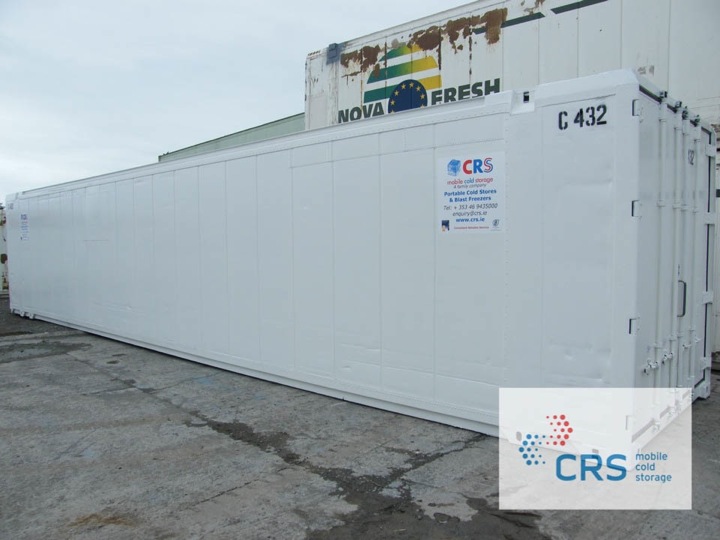The international chilly offer chain, also recognised as the chilly chain, plays a very important function in making sure the safe and sound and efficient transportation of temperature-delicate goods, ranging from food items and prescription drugs to chemical compounds and biologics. At the heart of this chilly chain infrastructure are refrigerated containers, commonly referred to as reefers. In this posting, we will investigate the indispensable job of refrigerated containers in the chilly provide chain and how they facilitate the safe transit of perishable and delicate cargo.
Cold Chain Basics:
The chilly supply chain encompasses the overall process of managing, storing, and transporting items that require temperature-controlled environments to keep their integrity. It begins at the issue of production and finishes with the delivery to customers or conclusion-buyers. Refrigerated containers are key elements in maintaining this temperature manage.
Temperature-Sensitive Cargo:
The chilly supply chain caters to a huge range of temperature-delicate cargo, which includes new create, frozen foods, vaccines, blood products and solutions, and more. These merchandise normally have rigid temperature requirements to be certain security and efficacy.
Temperature Assortment Versatility:
Refrigerated containers are adaptable in their capacity to manage particular temperature ranges, from freezing temperatures beneath zero levels Celsius to previously mentioned-freezing conditions. This adaptability tends to make them ideal for transporting several types of cargo, making sure that the cargo remains in the sought after temperature assortment at all times.
Built-in Logistics:
Refrigerated containers are seamlessly integrated into the logistics of the cold offer chain. They are designed to match normal transportation modes, such as ships, vehicles, and trains. This integration guarantees a sleek and economical flow of merchandise from the producer to the purchaser.
High-quality Assurance:
The most important mission of the cold source chain is to ensure the good quality and security of temperature-sensitive cargo. Refrigerated containers perform a critical position in this by keeping consistent temperature and humidity ranges, therefore avoiding spoilage, degradation, or contamination of the cargo.
State-of-the-art Monitoring and Monitoring:
Modern day refrigerated containers are outfitted with innovative monitoring and monitoring methods. These techniques offer real-time data on temperature, humidity, and other essential parameters. Shippers and logistics vendors can remotely watch and control these containers, ensuring cargo protection in the course of the journey.
Pharmaceutical and Health care:
Refrigerated containers are critical in the pharmaceutical and healthcare industries, where by exact temperature control is significant. Vaccines, remedies, and biologics usually need demanding temperature routine maintenance to keep their efficacy, producing reefers indispensable for their distribution.

International Get to:
Refrigerated containers are available in important ports and transportation hubs worldwide. refrigeration shipping container achieve enables organizations to expand their markets and make certain that their products and solutions reach buyers securely, irrespective of geographical distances.
Conclusion:
Refrigerated containers are the spine of the chilly source chain, making sure the integrity and basic safety of temperature-delicate cargo all through transit. Their ability to manage specific temperature ranges, built-in logistics, highly developed monitoring systems, and global accessibility make them indispensable applications in present day globalized earth. As the demand from customers for perishable and sensitive merchandise carries on to increase, the purpose of refrigerated containers in the cold provide chain gets ever more vital, driving further more innovation and improvements in cold chain logistics.
